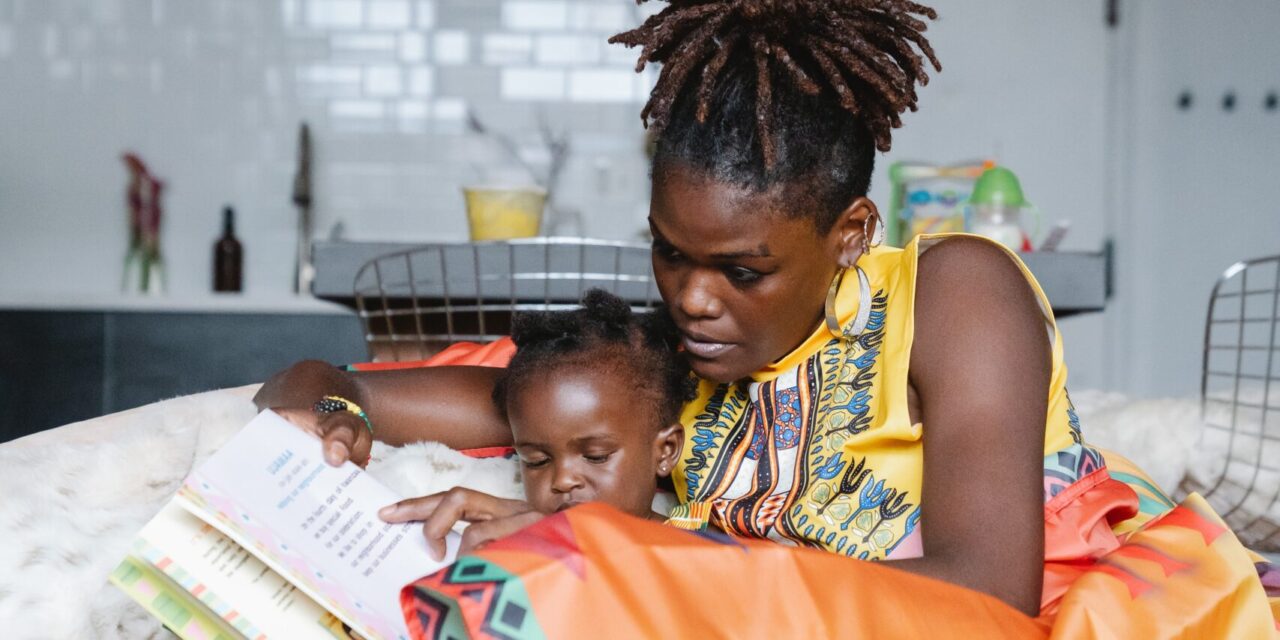Related Podcast Episode: Afrofuturism: Music As A Way Of Teaching Children
Oral storytelling has been a cherished tradition in Black culture for generations, passing down history, knowledge, and wisdom through the spoken word. This powerful art form has significantly influenced literature, culture, and identity within the Black community. In this blog post, we embark on a journey to explore the rich heritage of Black oral traditions and their profound impact on literature, shaping narratives, preserving cultural heritage, and fostering a sense of belonging.
Understanding Black Oral Traditions: The Art of Storytelling
Black oral traditions are a testament to the resilience and creativity of African ancestors who used storytelling as a means of preserving their culture, history, and traditions during the era of slavery. Through griots, griottes, and other skilled storytellers, communities learned about their ancestors, shared knowledge, and celebrated their collective identity.
Oral storytelling is deeply rooted in call-and-response, rhythmic patterns, and poetic elements, creating an immersive and engaging experience for listeners. This unique form of storytelling transcends time, carrying the voices of generations past into the present and shaping the narratives of the future.
Narratives That Transcend Time: The Impact on Literature
The influence of Black oral traditions on literature is profound and enduring. Many literary works, from African folktales to contemporary novels, are infused with the spirit and essence of oral storytelling.
Black authors, poets, and playwrights often draw inspiration from oral traditions, incorporating the art of storytelling into their works. The dynamic nature of oral storytelling gives rise to rich character development, vivid imagery, and compelling plots that resonate deeply with readers.
Preserving Cultural Heritage: The Power of Ancestral Narratives
Through oral storytelling, Black communities have preserved their cultural heritage, ensuring that traditions and historical narratives are passed down through generations. The stories of heroic ancestors, cultural practices, and spiritual beliefs have been safeguarded through the art of oral transmission.
In literature, works inspired by oral traditions act as conduits for cultural preservation, allowing the world to access and appreciate the richness of Black heritage. These literary works serve as a bridge between the past and the present, cultivating a sense of pride and belonging among Black readers.
Fostering Identity and Empowerment
Oral storytelling serves as a source of empowerment and identity affirmation within the Black community. Narratives that celebrate resilience, triumph over adversity, and the strength of the collective uplift and inspire individuals, instilling a sense of self-belief and pride in their cultural identity.
Literature infused with the essence of oral traditions carries the same empowering impact. These works offer a mirror through which Black readers can see themselves represented and celebrated, fostering a sense of belonging and validating their unique experiences.
Narratives of Resistance: Challenging Stereotypes and Erasure
Black oral traditions have long been a vehicle for resistance, challenging stereotypes and defying attempts to erase the history and voices of African descendants. In the face of oppression, oral storytelling has provided a platform for reclaiming agency, challenging injustice, and asserting the humanity of Black communities.
In literature, works inspired by oral traditions continue this legacy of resistance. They challenge prevailing narratives, counter harmful stereotypes, and center marginalized voices, effectively resisting erasure and reclaiming the agency of Black storytellers.
The Continuity of Tradition: Passing the Torch of Storytelling
As the world evolves, the preservation and continuation of Black oral traditions remain crucial. Modern technology and digital platforms offer new ways to pass on the torch of storytelling, ensuring that the essence of Black heritage endures.
Podcasts, audiobooks, and digital storytelling platforms provide spaces for contemporary griots and griottes to share their narratives with a global audience. These mediums carry forward the traditions of oral storytelling, bridging the past and present while shaping the future of literature and culture.
In closing
Black oral traditions are a testament to the resilience, creativity, and power of storytelling within the Black community. The enduring influence of these traditions on literature, culture, and identity is a testament to their significance in shaping narratives, preserving cultural heritage, and fostering empowerment.
As we celebrate the richness of Black oral traditions, let us continue to cherish and honour the storytellers who have kept these traditions alive throughout history. By embracing the art of storytelling and weaving it into contemporary literary works, we ensure that the spirit of oral traditions endures, inspiring generations to come and enriching the literary and cultural landscape worldwide.












